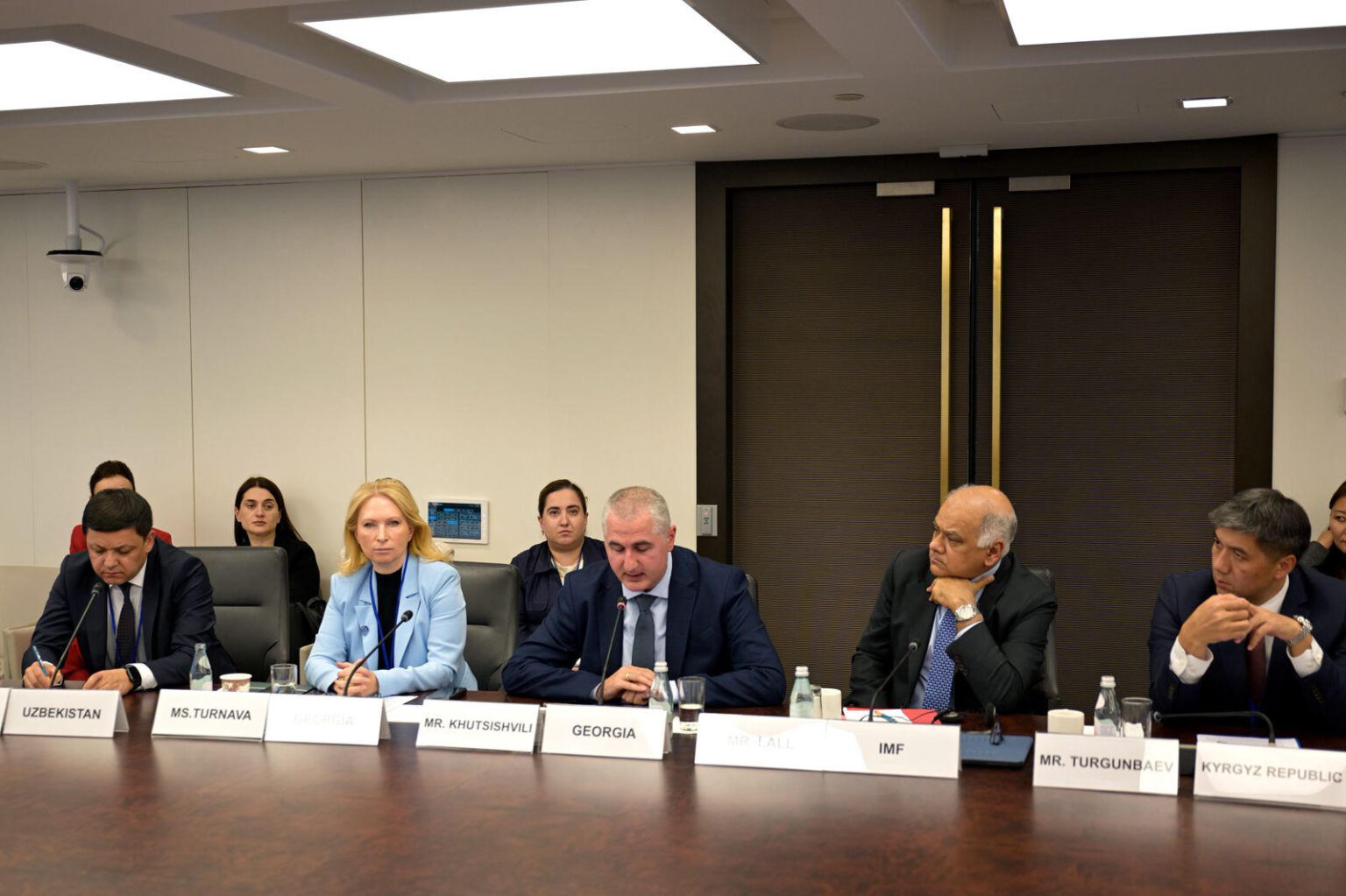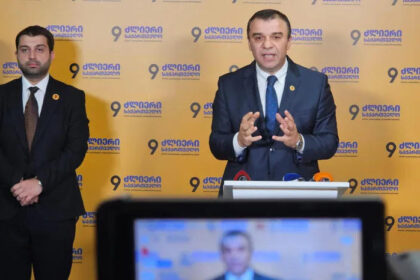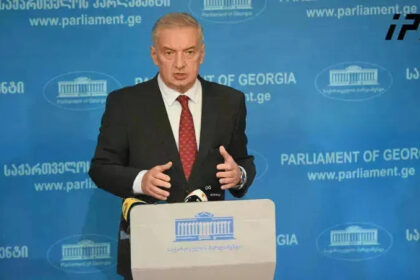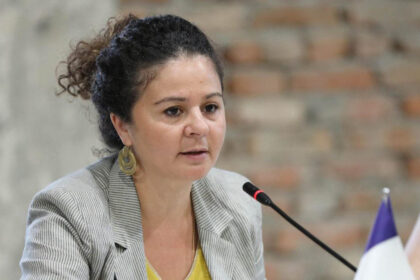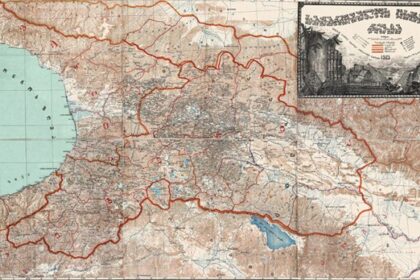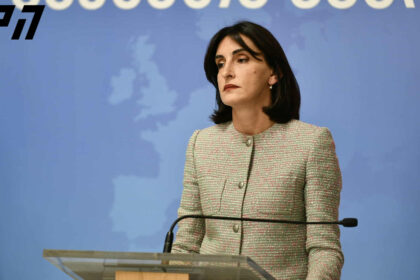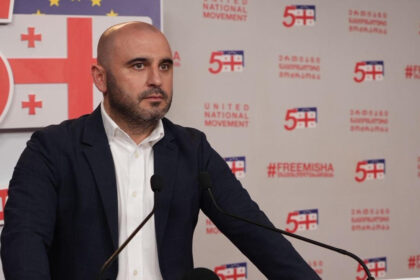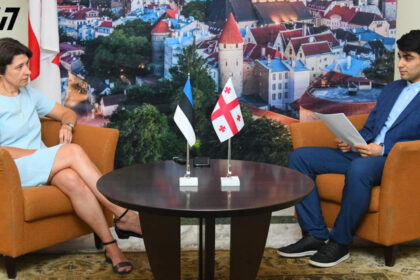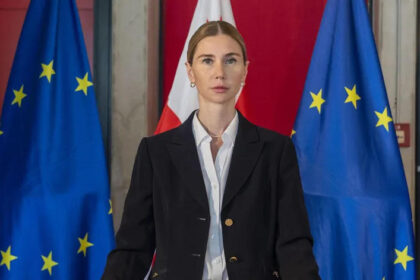Amid the current geopolitical situation, Georgia has achieved sustainable economic development, stated Georgia’s Finance Minister, Lasha Khutsishvili, during his speech at a joint meeting of finance ministers and central bank governors of Central Asia and the Caucasus, held with the Deputy Managing Director of the International Monetary Fund, Bo Li. The Ministry of Finance disseminated his comments.
According to Khutsishvili, in developing sectoral policies, implementing reforms, and defining the investment agenda, Georgia is focused on strengthening and enhancing its connectivity function.
He noted that currently, 7-8 percent of the gross domestic product is allocated to capital expenditures, which includes funding for the construction of the East-West highway, electricity transmission lines, and other significant projects.
Khutsishvili also stated that in recent years, the country has made significant strides in simplifying public services, implementing digital taxation, and establishing effective customs control.
“As of today, Georgia is integrated into the European Union’s New Computerized Transit System (NCTS), has trade agreements with the EU, China, and a total of 47 countries and customs unions, and has double taxation avoidance agreements with 58 countries. This has required tremendous effort, including changes to the legislative and regulatory framework and the creation of digital platforms. Tangible results are measured by specific indicators. Georgia ranks 3rd in its regulatory framework, 14th in public services, 2nd in operational efficiency according to the B-Ready study (which will replace the Doing Business index), and 1st in budget transparency,” Khutsishvili said.
He further noted that over the past five years, Georgia’s economy has grown by an average of 9% annually, accompanied by inflation close to the target, a doubling of per capita GDP, structural shifts in the economy, and the export of services such as education, information and communication technologies, and tourism.
Additionally, in the context of enhancing connectivity, Khutsishvili highlighted the importance of completing the final sections of road highways to the borders of Armenia, Azerbaijan, and Turkey.
“We are working with Azerbaijan on joint border checkpoints based on the single-window concept, which requires simplifying procedures and infrastructure. We are preparing to expand transmission lines, with the most significant being the construction of underwater electricity and digital cables. We are investing in a new deep-water port and planning to build a new airport. The Middle Corridor has always had its niche, and that is why we began investing in it decades ago. For the Middle Corridor to become an effective and stable route and serve as a partial alternative to other routes, it requires closer cooperation among the South Caucasus and Central Asian countries, as well as continued support from international financial institutions,” Khutsishvili stated.
Finance Minister: Amid the current geopolitical situation, Georgia has achieved sustainable economic development – economy grows by an average of 9% annually, accompanied by inflation close to the target
